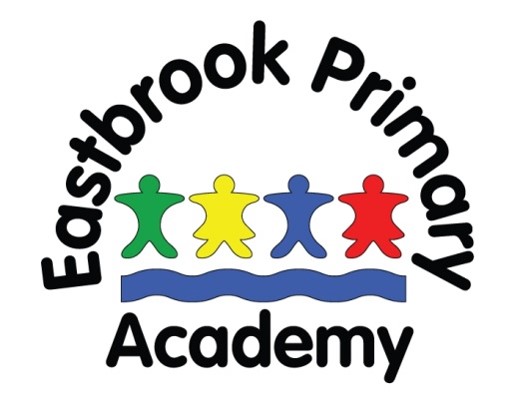- Home
- Home
- Micaela
- Eastbrook Old website
- Key Information
- Pupil Premium
- Impact of Pupil Premium Expenditure 2017/18
Impact of Pupil Premium Expenditure 2017/18
Academic Attainment
In 2018 the percentage of pupils in receipt of the pupil premium that achieved the expected standard at the end of KS2 in Reading was 72% compared to the national average for other pupils of (2017) 77%. The progress score was 0.3 compared to the national average for other pupils of 0.3.
In 2018 the percentage of pupils in receipt of the pupil premium that achieved the expected standard at the end of KS2 in Maths was 72% compared to the national average for other pupils of (2017) 80%. The progress score was 1.9 compared to the national average for other pupils of 0.3.
Writing continues to be an area for improvement with 67% of pupils in receipt of the pupil premium achieving the expected standard at the end of KS2 compared to (2017) 81% nationally for other pupils. The progress score was -0.8 compared to the national average for other pupils of 0.2
Behaviour
The provision of additional adults to support vulnerable pupils has seen a reduced number of incidents of negative behaviour across the school. This continues to have a very positive impact on the behaviour for learning of all pupils.
Attendance
The school link assistant continues to have an impact in reducing the gap in attendance between those in receipt of the pupil premium and other pupils.
EYFS
As a result of deploying additional adults within the EYFS unit, pupils have received tailored interventions. This has allowed pupils to develop a broader range of skills needed to become successful learners. Interventions implemented included specific programmes such as Jump Ahead, Schools Start and Listening and Attention. Additional phonic, maths, writing and social skills groups were also used to support these children with their communication, literacy skills and emotional and social development.
Speech and Language Interventions
SALT assessments show that the majority of children have made accelerated progress with their language development and this is having a positive effect on their learning and social development.
Art and Play Therapy
Monitoring by senior leaders of pupils receiving art or play therapy indicates that the vast majority of pupils are more settled, have developed greater positive interactions with their peers and have improved relationships with peers and adults. Teachers have also reported that children in their classes receiving art or play therapy are showing an increased engagement in their learning and are making more progress as a result.

